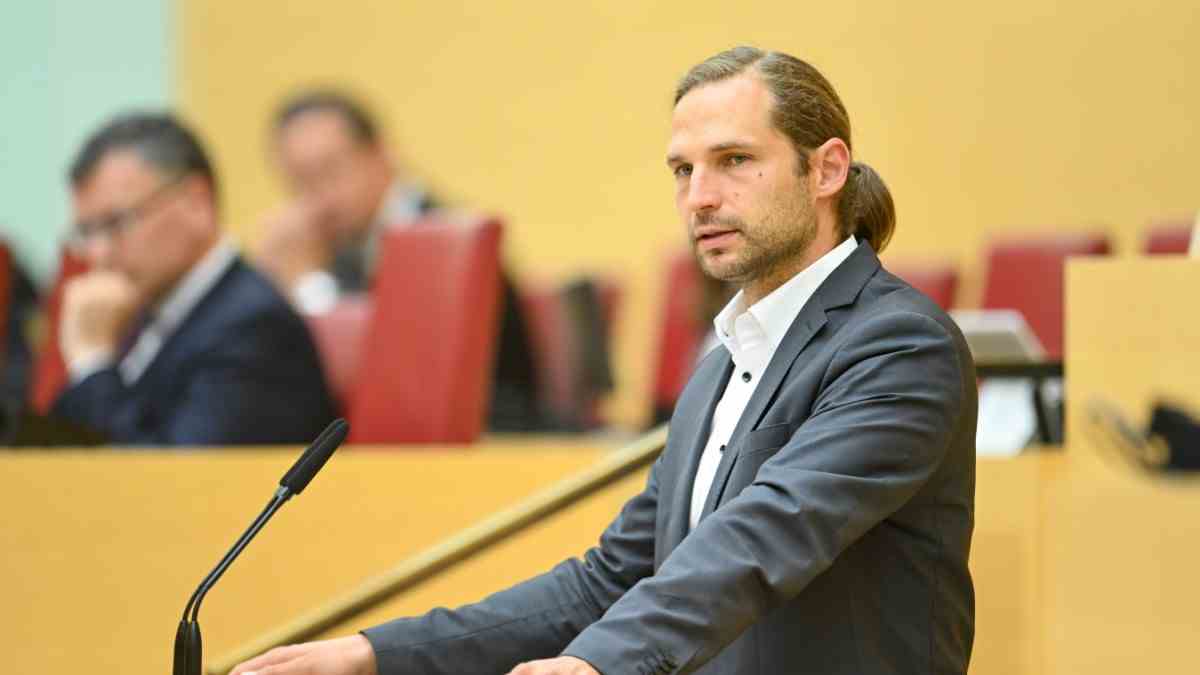Now everything went together and very quickly on Thursday: The investigative committee in the state parliament into the murders of the right-wing extremist terrorist cell National Socialist Underground (NSU) was set up. In the morning, the constitutional committee was still working on the bill, in the afternoon the plenum discussed it and approved the motion with the votes of all parliamentary groups – and a few hours later the constituent meeting was already scheduled.
Time is of the essence: the work must be completed by the state elections in autumn 2023. It’s 15 months for the educational work in a complex that has already been taken on by more than a dozen underground committees in German parliaments. And in which, especially with regard to Bavaria, questions are still unanswered.
It is also the second time that members of parliament in Bavaria have initiated such a body: In 2012 and 2013, the state parliament dealt with possible deficits in the security architecture in a sub-committee. When the committee presented its final report – there was talk of an “interim report” – the criminal proceedings against the NSU main accused Beate Zschäpe and supporters were still ongoing, and since then new leads and considerations have emerged.
For example, a bomb attack on a Nuremberg pub in 1999, in which the innkeeper of Turkish origin was injured, was only later attributed to the NSU. Also stays of the trio in the nineties in the Free State became public; Furthermore, there is a lack of clarity about the role of informants. A key question is why Bavaria of all places became the “main crime scene”, what helper structures existed and whether they continue to exist. “The danger has not been averted,” says committee chairman Toni Schuberl (Greens).
A petition demanded that no “line be drawn” to the enlightenment
The initiators of the Greens and SPD, who had been preparing for this for years, were motivated by a petition. In it, victims’ representatives in particular called for the second sub-committee, title: “No final line”. The occasion was the tenth anniversary of the NSU being blown up; back then in 2011 not because of the success of the investigation, but because of the deaths of Uwe Böhnhardt and Uwe Mundlos and sent confession videos. The NSU murdered ten people, almost all of Turkish and Greek origin; five victims from Bavaria alone, in Munich and Nuremberg.
Cemal Bozoğlu (Greens) said in the plenary debate that the investigative errors began with the “flashlight attack,” i.e. the attack on the pub in 1999. “We started buttoning our shirts the wrong way.” It is known that victims were specifically selected, “certainly it was not the work of an isolated cell, but of a networked one.” Arif Taşdelen (SPD) gave an emotional speech. The day before the murder of a Nuremberg snack bar operator by the NSU in 2005, he had chatted with the later victim in the southern part of the city.
The investigation was once about “kebab murders”
He recalled the one-sided investigations as “kebab murders and milieu murders”. The fact that society, the citizens of Nuremberg, and he himself did not question this still gives him a bad conscience. He is aware that not all the expectations of the victims’ relatives can be met, but that “as much light as possible can be brought into the dark”. As the idea for the U-Committee slowly took shape over the years, doubts always arose as to what innovations the committee could really bring to light.
Josef Schmid (CSU), deputy chairman of the committee, said the NSU crimes were also an attack on the peaceful democratic society. It is therefore about “conclusions for today and the future”, about the “defensiveness” of the rule of law. Richard Graupner (AfD) announced that there was a threat of a “show event” for all “anti-right fighters” in the election year. Nevertheless, the AfD approved the application. However, Grauper complains that the protection of the constitution is being abused by the “old parties” against his AfD. Wolfgang Hauber (FW) said: Of course, “that the rabbit doesn’t love its hunter”. Hauber expects insights into organized neo-Nazi structures. Alexander Muthmann (FDP) also sees a focus in the perpetrators’ environment, “the narrative of the trio, which was left to its own devices, is not plausible”.
The series of murders was judicially processed for more than five years at the Munich Higher Regional Court. The sentence against Zschäpe (life imprisonment) and four co-defendants is now final. The new Bavarian body is now number 15 of the sub-committees in parliaments. Chairman Schuberl said the work will be “another, hopefully large, piece of the puzzle”. “There must be no line and there will be no line.”

